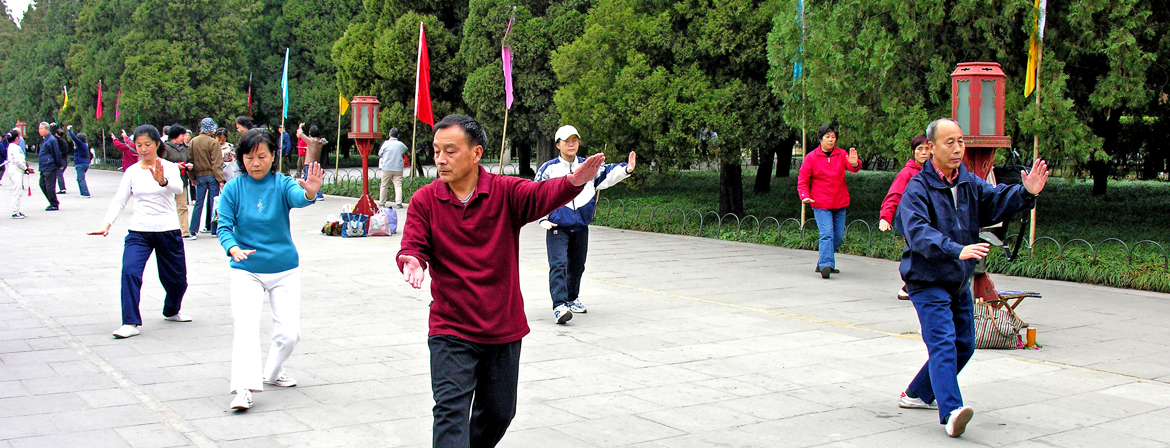The effectiveness of sign prompts to increase hand washing behaviors in restrooms.
Davis, O. L., Fante, R. M., & Jacobi, L. L. (2013). The effectiveness of sign prompts to increase hand washing behaviors in restrooms. North American Journal of Psychology, 15(3), 565-576.
Planned, motivated and habitual hygiene behaviour: An eleven country review.
Curtis, V. A., Danquah, L. O., & Aunger, R. V. (2009). Planned, motivated and habitual hygiene behaviour: An eleven country review. Health Education Research, 24(4), 655-673.
Reactivity and repeatability of hygiene behaviour: Structured observations from Burkina Faso.
Cousens, S., Kanki, B., Toure, S., Diallo, I., & Curtis, V. (1996). Reactivity and repeatability of hygiene behaviour: Structured observations from Burkina Faso. Social Science & Medicine, 43(9), 1299-1308.
Factors influencing hand washing behaviour in primary schools: Process evaluation within a randomized controlled trial.
Chittleborough, C. R., Nicholson, A. L., Basker, E., Bell, S., & Campbell, R. (2012). Factors influencing hand washing behaviour in primary schools: Process evaluation within a randomized controlled trial. Health Education Research, 27(6), 1055-1068.
Impact of a peer-group intervention on occupation-related behaviors for urban hospital workers in Malawi.
Chimango, J. L., Kaponda, C. N., Jere, D. L., Chimwaza, A., Crittenden, K. S., Kachingwe, S. I., . . . Norr, J. L. (2009). Impact of a peer-group intervention on occupation-related behaviors for urban hospital workers in Malawi. JANAC: Journal of the Association of Nurses in AIDS Care, 20(4), 293-307.
Effectiveness of hand-washing teaching programs for families of children in paediatric intensive care units.
Chen, Y.-C., & Chiang, L.-C. (2007). Effectiveness of hand-washing teaching programs for families of children in paediatric intensive care units. Journal of Clinical Nursing, 16(6), 1173-1179.
Learning from the severe acute respiratory syndrome (SARS) epidemic.
Chan, E. A., Chung, J. W. Y., & Wong, T. K. S. (2008). Learning from the severe acute respiratory syndrome (SARS) epidemic. Journal of Clinical Nursing, 17(8), 1023-1034.
The environmental cost of misinformation: Why the recommendation to use elevated temperatures for handwashing is problematic.
Carrico, A. R., Spoden, M., Wallston, K. A., & Vandenbergh, M. P. (2013). The environmental cost of misinformation: Why the recommendation to use elevated temperatures for handwashing is problematic. International Journal of Consumer Studies, 37(4), 433-441.
The habitus of hygiene: Discourses of cleanliness and infection control in nursing work.
Brown, B., Crawford, P., Nerlich, B., & Koteyko, N. (2008). The habitus of hygiene: Discourses of cleanliness and infection control in nursing work. Social Science & Medicine, 67(7), 1047-1055.
Behaviour change communication targeting four health behaviours in developing countries: A review of change techniques.
Briscoe, C., & Aboud, F. (2012). Behaviour change communication targeting four health behaviours in developing countries: A review of change techniques. Social Science & Medicine, 75(4), 612-621.



